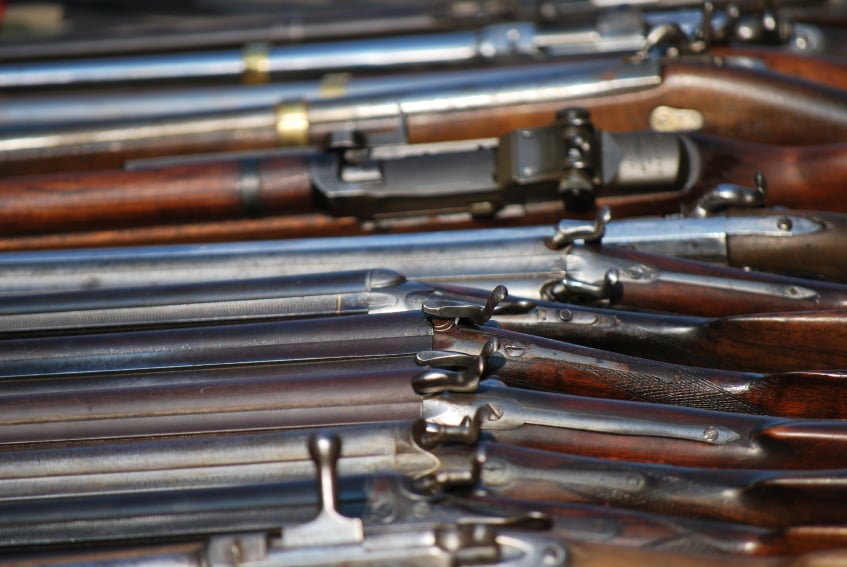 There’s a widespread misconception that the only gun owners in need of special consideration for firearms in their estate planning are those individuals who own a very valuable collection (i.e., expensive, antique) or those with specific NFA-regulated firearms (fully automatic machine guns, noise suppressors, etc.)
There’s a widespread misconception that the only gun owners in need of special consideration for firearms in their estate planning are those individuals who own a very valuable collection (i.e., expensive, antique) or those with specific NFA-regulated firearms (fully automatic machine guns, noise suppressors, etc.)
While those collectors certainly need advanced planning, many more individuals need at least some planning considerations in place within their basic estate plan.
Any firearm in an estate transfer – a simple revolver, pistol, hunting rifle, etc. – can present problems for the personal representative or trustee. Risks can be averted, but to do so calls for extra attention and scrutiny by the estate planner and client. Without special care, things could go very wrong. Let’s look at one scenario:
In administering Grandpa’s estate the trustee, an old family friend, distributes Grandpa’s prized Winchester rifle to his grandson, the beneficiary. Unbeknownst to the trustee, the grandson/beneficiary is subject to a restraining order. The trustee, in turn, may be liable for committing a first-class felony for transferring a firearm to someone who cannot lawfully possess one. If convicted, the trustee could face a personal fine up to $250,000 and imprisonment up to 10 years. Finally, grandpa’s prized rifle would also be subject to confiscation.
As this scenario illustrates, the consequences of insufficient planning and oversight in the transfer of a firearm can be extreme. How best to mitigate the risks? First, be sure the question “Do you own any firearms?” is a part of your estate planning checklist. If the answer is yes, make sure to incorporate special protective language in the will or trust, that will assure a smooth transfer of the firearm(s) while meeting all federal and state legal requirements.
Protective language should include specific instructions to the trustee to verify that the beneficiary is a lawful firearm recipient (a signed and sworn affidavit that he/she meets both federal and state requirements tolawfully possess a firearm).
A more sophisticated solution often applied to more specialized or valuable collections or NFA-regulated firearms would be to draft and execute a Firearms Trust or Gun Trust (also called NFA Gun Trusts or NFA Firearms Trusts). These advanced strategies allow the trust to own and receive the firearms and establish a qualified trustee to maintain custody of the firearms. This trustee is typically an experienced gun owner who can properly maintain andsecurely store those firearms.
As any experienced gun owner will tell you, whenever you hand a gun to another person be sure the safety’s on. That same “safety first” principle applies in an estate transfer. There are many benefits of a gun trust. Discuss with your clients who own firearms the importance of special protective language in their estate planning documents. Safety, security, peace of mind – it‘s all in the planning.




